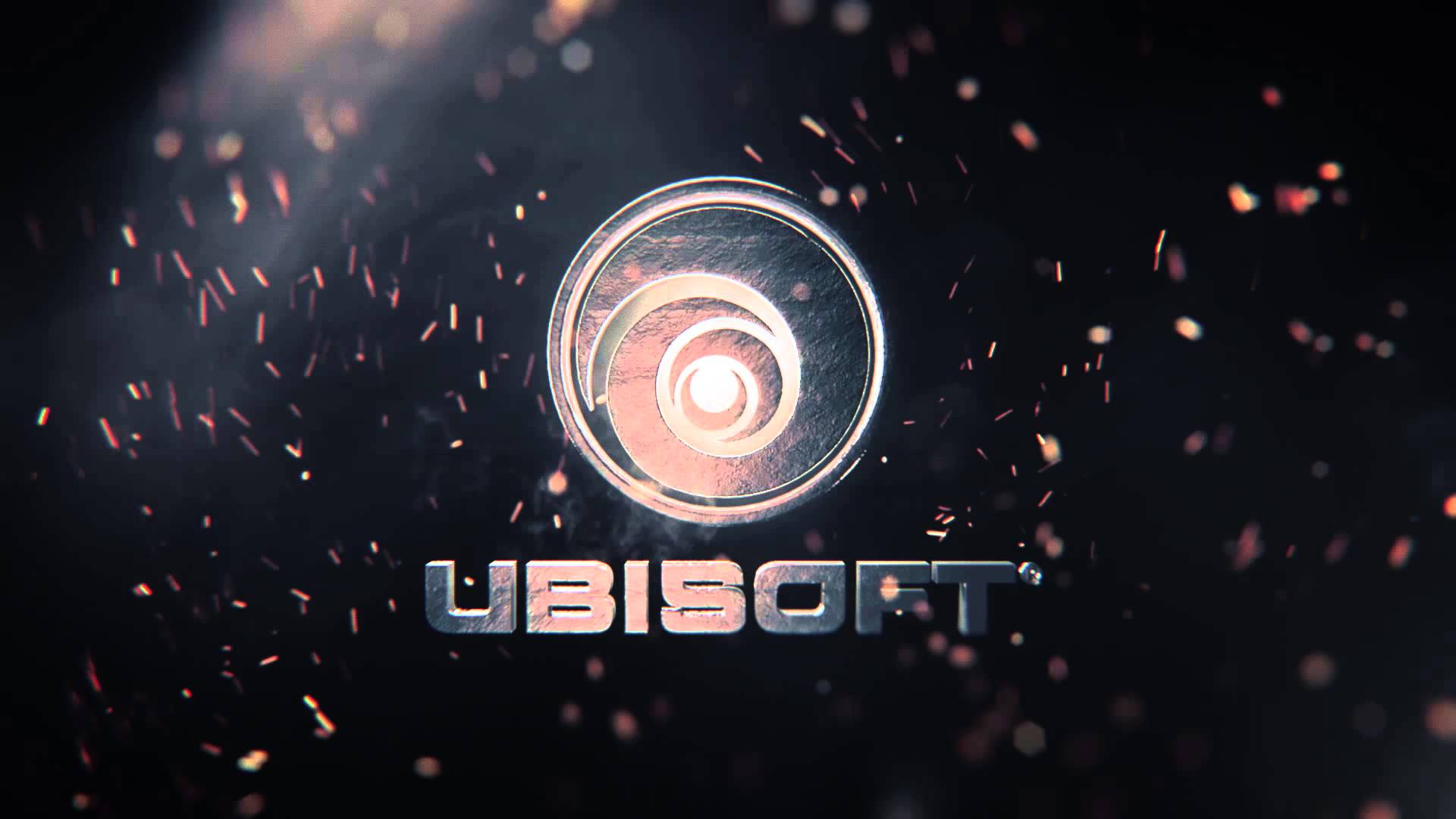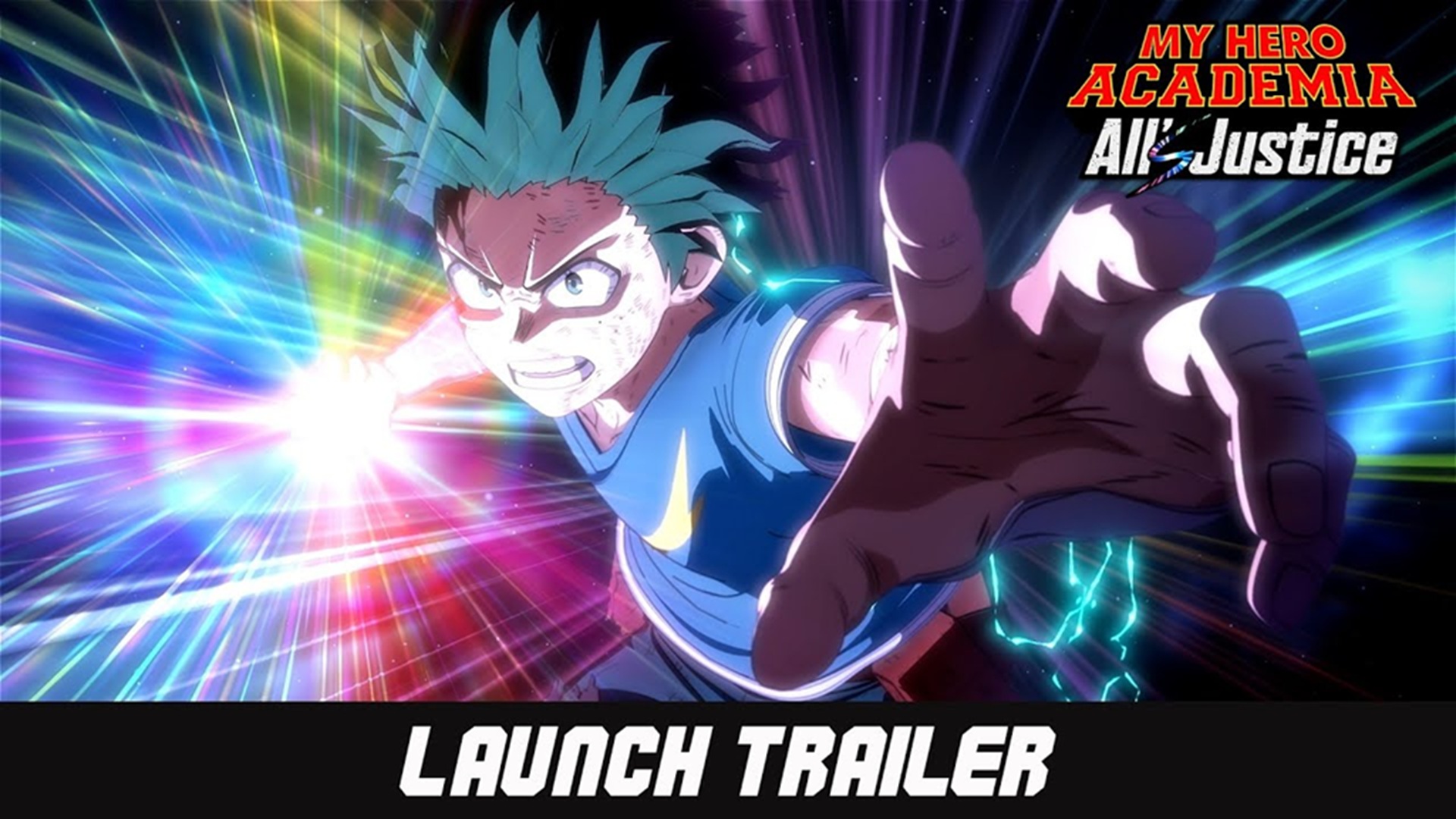If a player is not aware of these changes or simply does not agree with them, their only legal option would be to stop using the product and destroy it.
More stories in the category Slider
- My Hero Academia: All’s Justice shows its release trailer, it’s pure dynamite
- For all this, Forza Horizon 6 aims to be the best car game in history
- Xbox Game Pass adds three new powerful games today
| Don't miss anything and follow us on Google News! |
In the video game sector, I’ve heard just about everything, but Ubisoft’s latest move surpasses any meme we’ve seen on forums or Twitter. The French company, which is going downhill fast on the stock market, is the most hated by users – a podium it shares with Electronic Arts due to its consumer-facing practices.
We’ve read some outrageous things about Ubisoft, but today’s news crosses any line you could imagine. In its latest EULA update, the company demands that users destroy their physical copy of a game if their account has been banned or if the company decides to leave the game inactive.
Upon its resolution, for any reason, You shall immediately uninstall the Product and destroy all copies of it in your possession.

The controversial EULA may not be legal in Europe
The EULA (End-User License Agreement), or User License Agreement, is a legal contract between the licensor (the game developer or publisher) and the licensee (the player who purchases the game). This agreement does not imply a purchase or ownership of the software itself, but rather a license to use it under certain specific conditions. It’s essential to understand that by installing or even starting a video game, you are accepting this contract, which grants you the right to use the software, but always within the terms and restrictions set by the developer.
The EULA defines the rights and responsibilities of both parties, protecting the intellectual property of the creator and establishing the rules of use for the consumer. However, a EULA is not a blank canvas where the creator can write whatever they want – this contract must comply with the relevant regulations of each territory. So, Ubisoft can say that you have to return the game mounted on a unicorn, but that doesn’t mean you have to comply. In the old continent, this clause has no validity whatsoever and consumer rights prevail over part of the terms and conditions of use drafted by Ubisoft.
Users advocate for piracy
This controversial contract even allows Ubisoft to modify its products unilaterally and without prior notice to the user, so criticism from users who advocate for pirating the company’s games has been swift. Comments on social media, like the one from Andreas Yankopolus, are becoming increasingly common:
If buying doesn’t mean ownership, then piracy isn’t theft.
For now, Ubisoft has not commented on the matter, and honestly, I don’t think they will anytime soon.






